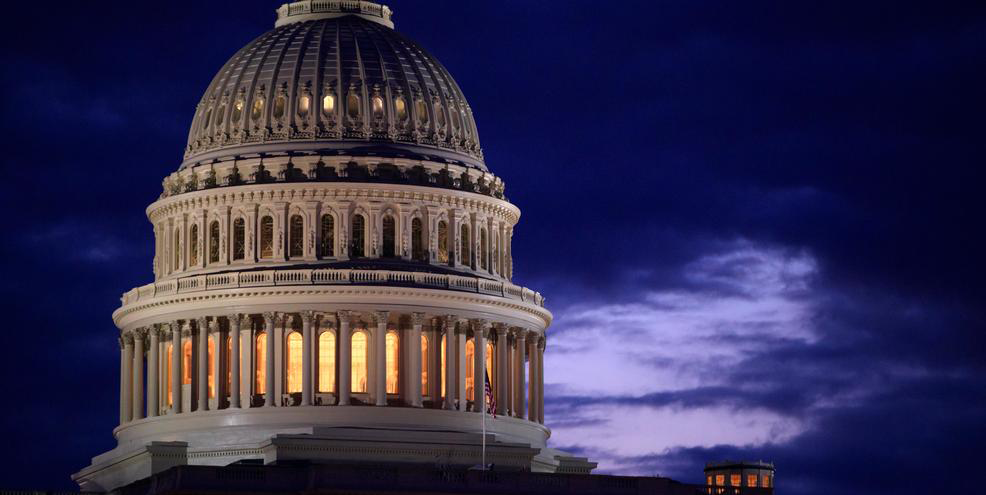Kerby Anderson
What will be the long-term impact of the trade wars? Nobody knows for sure, but the tariffs imposed by the president could affect both the economy and the midterm elections. In fact, some industry experts and economists warn that the greatest economic fallout might occur just as voters go to the polls.
The political impact, so far, hasn’t been great. One poll showed support for the tariffs from citizens who already support the president and opposition from citizens who oppose the president. It is possible that the president’s supporters will continue to support him for a while knowing that the ultimate goal is to use American tariffs to get other countries to lower tariffs.
Candidates for Congress might explain to their voters that they believe it is time for Congress to take back its role in imposing tariffs. Article 1, Section 8 in the US Constitution states: “The Congress shall have Power to lay and collect Taxes, Duties, Imposts and Excises.” Also, Congress has the power to regulate commerce.
Most people forget that it was Congress that imposed one of the worst tariffs in American history: The Smoot-Hawley Tariff Act. Back in 1930, that law and series of tariffs probably made the Great Depression even worse, though economists sometimes debate how much it affected the economy.
Over time, presidents began taking a greater role in managing tariffs and the economy. The 1962 Tax Expansion Act allowed the president to adjust imports so that they do not threaten national security. President Trump is using that law even though most of the countries impacted by his tariffs are not national security threats.
I think it is time for members of Congress to take back their constitutional role and even explain to the voters why they want to do that. It is a debate that should take place during this election year.
 Listen Online
Listen Online Watch Online
Watch Online Find a Station in Your Area
Find a Station in Your Area











 Listen Now
Listen Now Watch Online
Watch Online
